China’s quest for breakthroughs with economic reforms
With the third plenary session of the 20th Chinese Communist Party Central Committee slated for July, the high-level members of the Politburo have been making their rounds across the country and urging for action in various aspects of the economy. Lianhe Zaobao correspondent Yu Zeyuan takes a look at the calls for action ahead of the session.
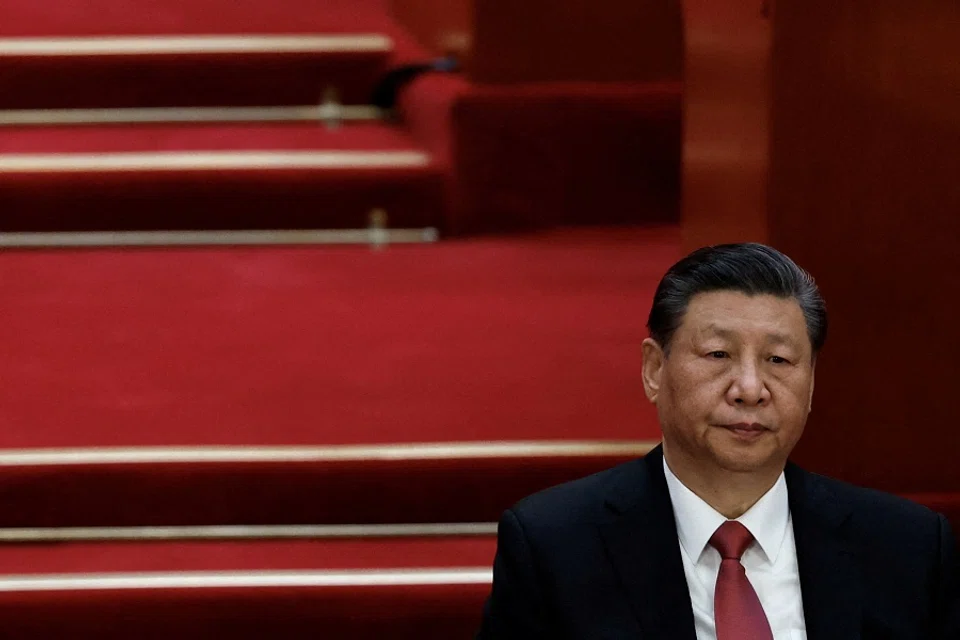
On 30 April, the Chinese Communist Party (CCP) Politburo announced that the third plenary session of the 20th CCP Central Committee will be held in July.
After the Labour Day holidays (1 to 5 May), China’s paramount leader Xi Jinping was accompanied by Cai Qi, member of the Politburo Standing Committee (PSC) and director of the CCP Central Office, on a visit to Europe. Meanwhile, the other PSC members went all over China to conduct inspection tours in order to understand the economic and social development of each area, in the lead up to the third plenary session.
Inspection tours across China
From 7 to 10 May, second-ranked member of the PSC Premier Li Qiang was in Xinjiang and Anhui. Li stressed that Xinjiang should strive to better link inland regions with countries along the Silk Road Economic Belt route, spur the deepening of economic and trade cooperation, and build itself into a bridgehead for opening up to China’s west.
It should also dedicate resources to support the development of competitive industries that take advantage of local strengths, improve openness both domestically and internationally, boost social welfare and promote long-term stability while striving for high-quality development.
In Anhui, Li emphasised the importance of riding on the wave of change in technological revolution and industrial transformation to achieve scientific and technological self-sufficiency and strength, leveraging technological innovation to drive industrial innovation, accelerating the development of new quality productive forces and improving innovation-driven development capabilities.
Even though it seems as if the words of these PSC members lack originality, external observers can analyse the direction of China’s politics and economy through the actions and words of the members.
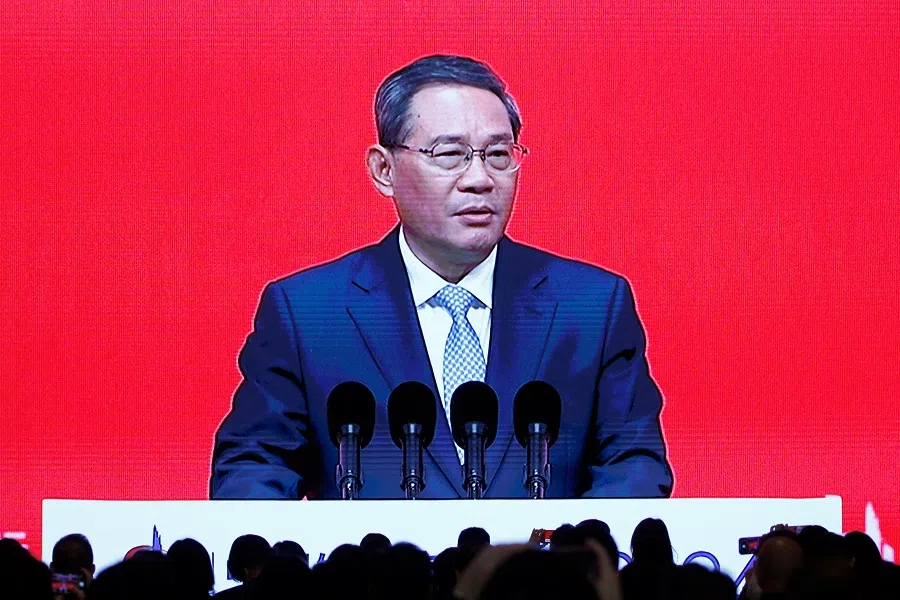
As the premier in charge of economic work, Li focused on the opening up both internally and externally, as well as the development of new quality productive forces, which would evidently be key points in the third plenary session of the 20th CCP Central Committee in July.
Lacking in originality?
Zhao Leji, the third-ranked PSC member and head of the National People’s Congress, was on an inspection tour to Henan from 7 to 10 May. Zhao urged local officials to carry out solid work in legislation, supervision, representation and other pertinent tasks, taking into account the realities of their respective areas. He also urged them to thoroughly study both common and emerging issues raised by the public, and improve mechanisms for gathering public opinion and insights.
Wang Huning, PSC member and chair of the Chinese People’s Political Consultative Conference, went on an inspection tour to Guangxi from 6 to 8 May. Wang emphasised the importance of ethnic minority areas in fostering a tangible and effective sense of national unity within the Chinese nation. He called for the promotion of exchanges and integration among ethnic groups, the implementation of actions to revitalise the border regions and the improvement of the livelihoods of the people. He also stressed the need for all ethnic groups to strengthen their recognition towards the motherland, the Chinese nation, Chinese culture, the CCP and socialism with Chinese characteristics.
Ding Xuexiang, PSC member and vice-premier, visited Liaoning from 7 to 9 May on an inspection tour. Ding called for the thorough implementation of the innovation-driven development strategy, the enhancement of research into core technologies, the strengthening of integration between technological innovation and industrial innovation, as well as to develop “new quality productive forces” to achieve breakthroughs in the comprehensive revitalisation of northeast China.
Li Xi, PSC member and secretary of the Central Commission for Discipline Inspection, conducted an inspection tour of Jiangsu from 22 to 25 April. Li called for the disciplinary and supervisory agencies to comprehensively study and implement Xi Jinping’s thoughts on the CCP’s self-revolution, enhance disciplinary capabilities, as well as promote comprehensive and strict governance throughout the party, construct a party of integrity, and step up on anti-corruption efforts.
Besides Xi, the other PSC members have conducted studies on their relevant areas of responsibility and hardly discuss matters outside of their field. Even though it seems as if the words of these PSC members lack originality, external observers can analyse the direction of China’s politics and economy through the actions and words of the members.
The third plenary session of the 20th Central Committee is important not only because of its rare postponement by over half a year, but also because China’s economic, political and external environments are facing some of the toughest challenges since the 1990s.
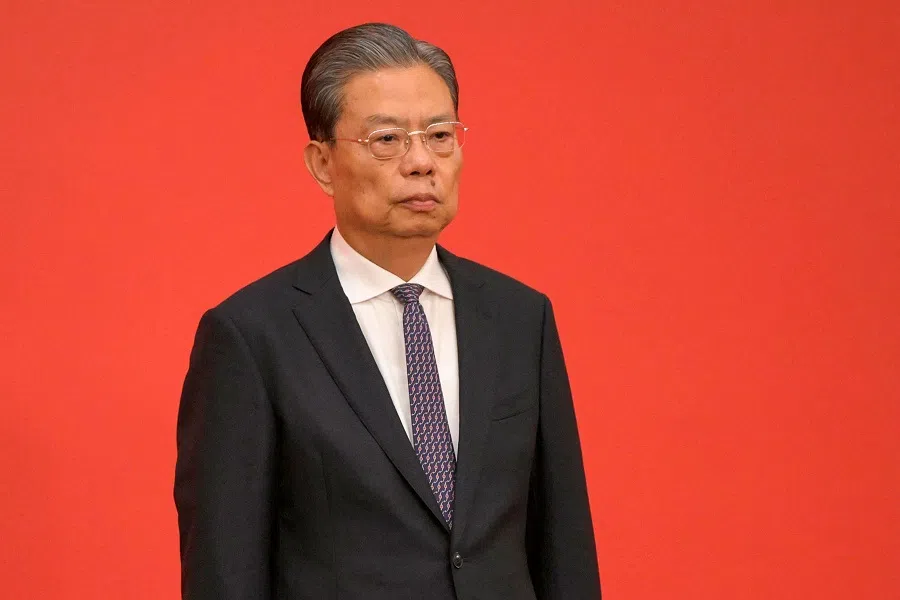
It is expected that prior to the third plenary session, Xi and the other higher-ups in the CCP will continue to conduct inspection tours in various areas in China. This indicates that preparations for the third plenary session in the Chinese political sphere have been underway since May.
Deepening reform and advancing Chinese modernisation
The third plenary session of the 20th Central Committee is important not only because of its rare postponement by over half a year, but also because China’s economic, political and external environments are facing some of the toughest challenges since the 1990s.
Since the 18th Party Congress, China’s politics and economy have undergone profound changes and its external environment has seen a reversal. The Politburo’s assessment of the country’s internal and external situation on 30 April was: “The economy still faces many challenges as it continues to rebound, mainly due to insufficient effective demand, huge pressures on firms, risks and hidden dangers in key areas of the economy and a domestic circulation that is still not smooth enough. The complexity, severity and uncertainty of the external environment have also significantly increased.”
The meeting announced that the third plenary session will primarily study issues concerning further comprehensively deepening reform and advancing Chinese modernisation, and demands the whole party to “put reform in a more prominent position and deepen reform in all respects with a focus on promoting Chinese modernisation”.
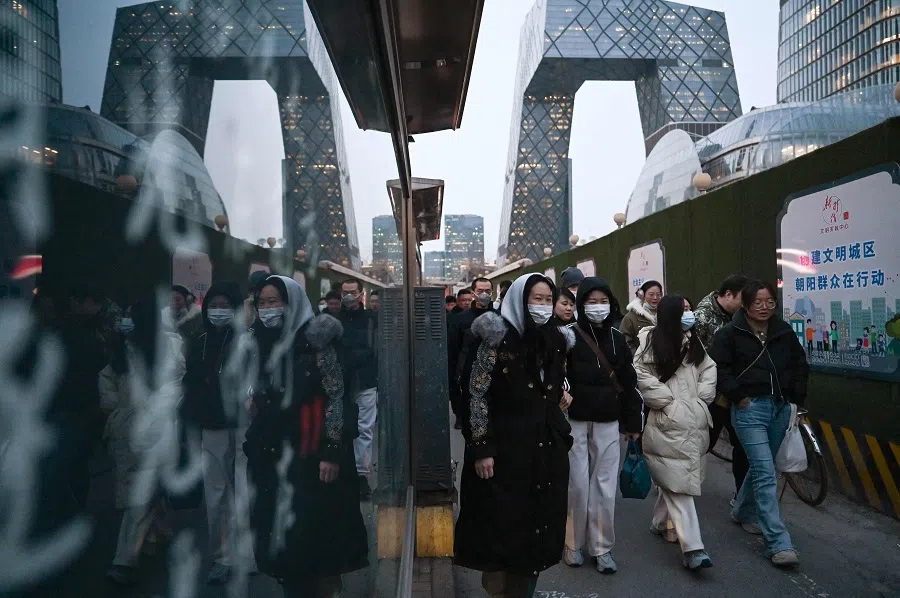
Reform of economic system for a better society
As for the direction and objectives of the reform, the Politburo proposed that it should be led by reform of the economic system, with advancing social equality and justice and improving people’s well-being as both the starting point and the ultimate goal.
There will be more emphasis on system integration and the priorities and effectiveness of reforms, so as to promote better alignment between production relations and productive forces, superstructure and economic base, and national governance and social development.
It also aims to construct a unified national market and improve the basic system of the market economy; to develop new quality productive forces according to local conditions, strengthen strategic scientific and technological forces, cultivate and strengthen emerging industries, proactively plan and build future industries, support private enterprises to expand overseas markets, and ramp up efforts to attract and utilise foreign capital.
... the new round of reform emphasises economic system reform as the driving force, including reforms in state-owned enterprises, government institutions, financial systems, and so on. This will not extend to the fundamental political system...
In other words, the third plenary session will be a new starting point for China’s reform and opening up as it enters a new era under Xi.
However, the new round of reform emphasises economic system reform as the driving force, including reforms in state-owned enterprises, government institutions, financial systems, and so on. This will not extend to the fundamental political system, such as the leadership of the CCP or the safeguarding of the core status of the country’s top leader.
A breakthrough?
As for the property crisis and local debt risks plaguing China’s economy, the Politburo called for the continuation of customised policies in various cities. It also asked local governments, real estate enterprises and financial institutions to take responsibility for ensuring the delivery of property projects to homebuyers and protecting their legitimate rights and interests.
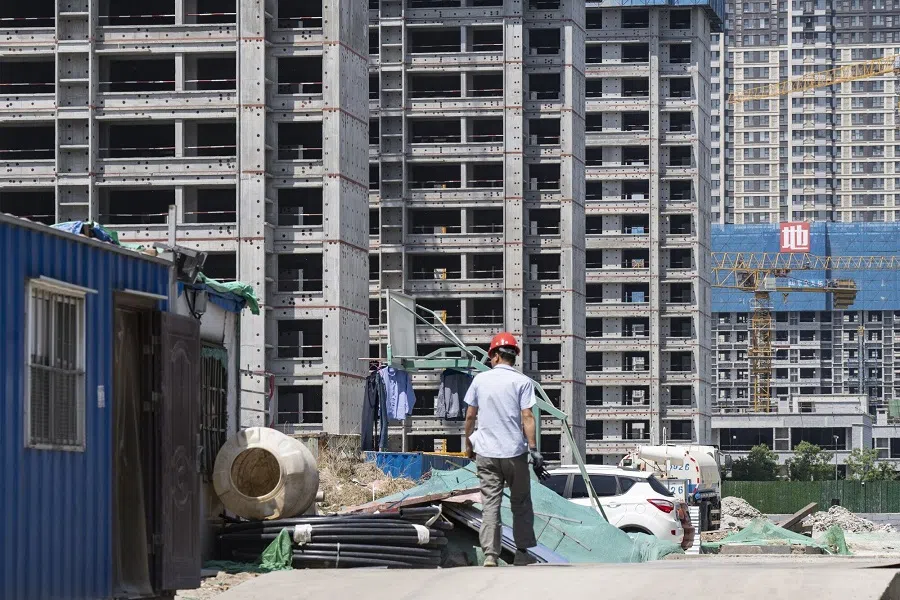
The meeting also called for coordinating measures on absorbing existing housing stock and optimising policies for new demand; establishing a new model for real estate development, implementing local government debt risk mitigation plans to ensure that provinces, cities and counties with high debt risks can effectively reduce their debt burden and maintain stable development.
However, the risks in China’s property sector and local debt have accumulated for a long time and it is difficult to “have your cake and eat it too”. Some argue that China can only overcome its property and local debt challenges by abolishing the urban and rural household registration system, permitting the unrestricted transfer of rural land, and substantially accelerating urbanisation. It remains to be seen whether the third plenary session can make a breakthrough in this aspect.
This article was first published in Lianhe Zaobao as “三中全会前中共高层密集调研”.



![[Big read] When the Arctic opens, what happens to Singapore?](https://cassette.sphdigital.com.sg/image/thinkchina/da65edebca34645c711c55e83e9877109b3c53847ebb1305573974651df1d13a)
![[Video] George Yeo: America’s deep pain — and why China won’t colonise](https://cassette.sphdigital.com.sg/image/thinkchina/15083e45d96c12390bdea6af2daf19fd9fcd875aa44a0f92796f34e3dad561cc)
